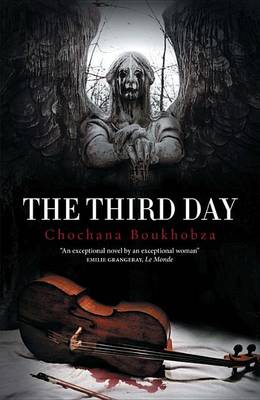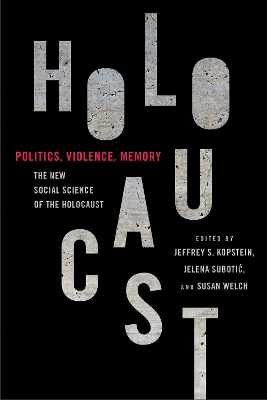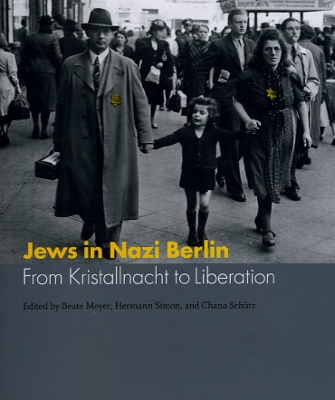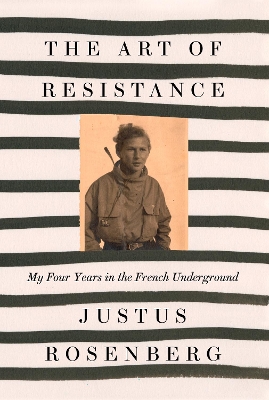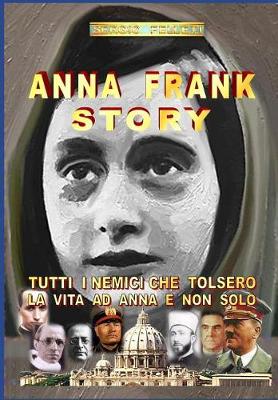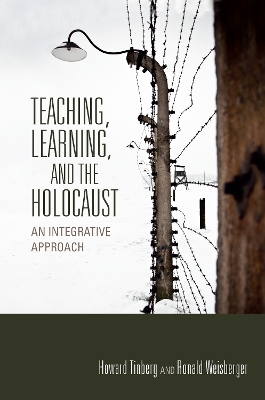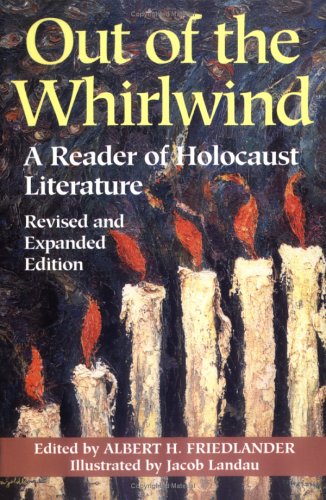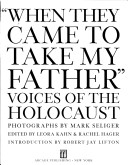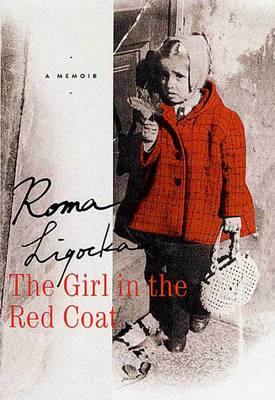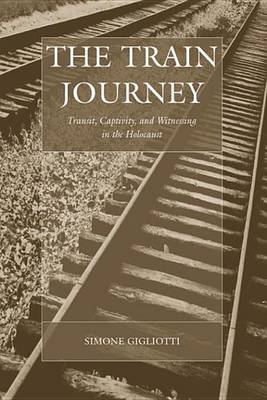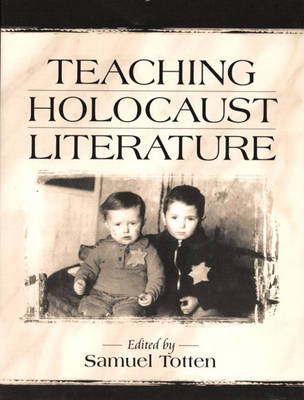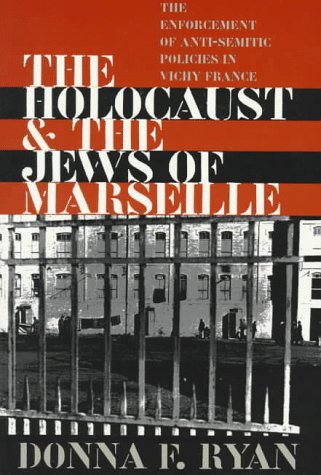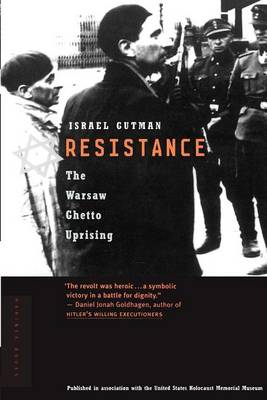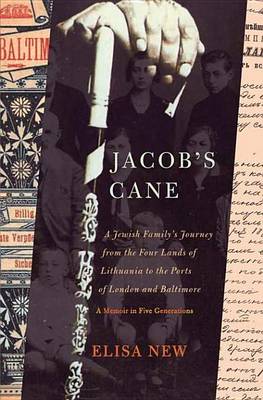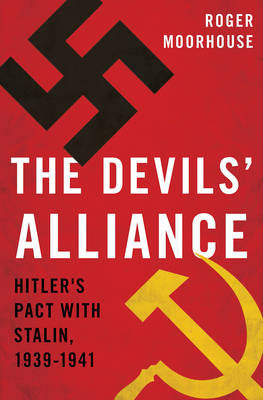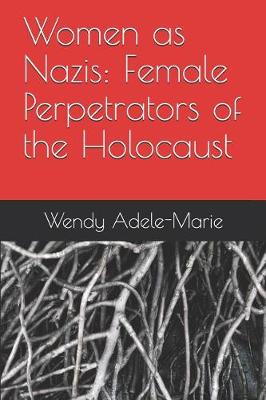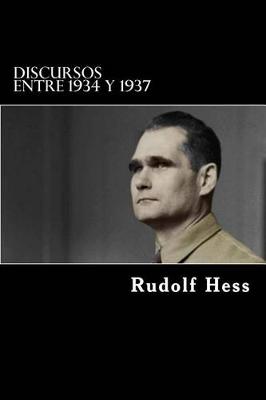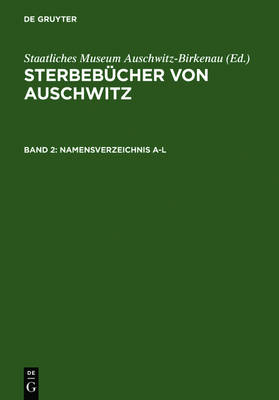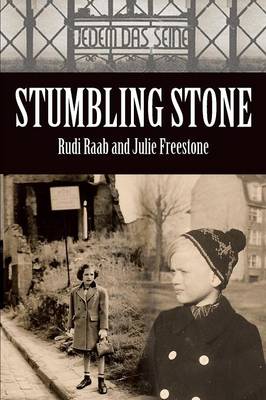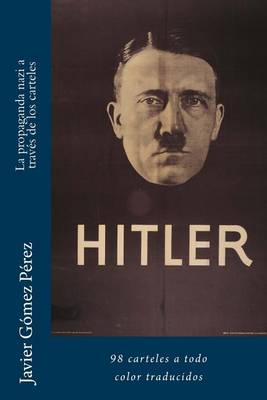A leading Israeli musician and her protege return to Jerusalem for three days to perform with the Philharmonic Orchestra. Both women - one a gifted young cellist, one a Holocaust survivor saved by her extraordinary musical talent - have been in America for some time, are quickly caught up in tangled threads from former lives. Elisheva is reunited with her godson, Daniel; Rachel must face both her distant father and Erytan, a former lover, whose lingering power over her now threatens all she has...
Politics, Violence, Memory highlights important new social scientific research on the Holocaust and initiates the integration of the Holocaust into mainstream social scientific research in a way that will be useful both for social scientists and historians. Until recently social scientists largely ignored the Holocaust despite the centrality of these tragic events to many of their own concepts and theories. In Politics, Violence, Memory the editors bring together contributions to understanding...
Though many of the details of Jewish life under Hitler are familiar, historical accounts rarely afford us a real sense of what it was like for Jews and their families to live in the shadow of Nazi Germany's oppressive racial laws and growing violence. With "Jews in Nazi Berlin", those individual lives - and the constant struggle they required - come fully into focus, and the result is an unprecedented and deeply moving portrait of a persecuted people. Drawing on a remarkably rich archive that in...
A gripping memoir written by a 96-year-old Jewish Holocaust survivor about his escape from Nazi-occupied Poland in the 1930's and his adventures with the French Resistance during World War II In 1937, as the Nazi Party tightened its grip on the city of Danzig (now Gdansk, Poland), Justus Rosenberg's parents made the wrenching decision to send their son to Paris, where he would have the hope of finishing high school and going on to university in safety. He was si...
Teaching, Learning, and the Holocaust (Scholarship of Teaching and Learning)
by Howard B Tinberg and Ronald Weisberger
Classroom study of the Holocaust evokes strong emotions in teachers and students. Teaching, Learning, and the Holocaust assesses challenges and approaches to teaching about the Holocaust through history and literature. Howard Tinberg and Ronald Weisberger apply methods and insights of the Scholarship of Teaching and Learning to examine issues in interdisciplinary teaching, with a focus on the community college setting. They discuss student learning and teacher effectiveness and offer guidance fo...
When They Came to Take My Father
by Leora Kahn, Mark Seliger, and Rachel Hager
Never in human history has there been an event more horrifying than the Holocaust the human loss inconceivable, the aftershocks felt for generations. But in the midst of the misery was forged a strength of spirit and humanity that shows in the faces and stories of survivors. Captured here with clarity and truth are fifty images of survival, portraits of the men and women who actually lived through the brutality. The tales of survival vary: the misery of day-to-day existence in the camps; the lux...
Roma Ligocka has lived muliple lives over the past 50 years - artist, theatrical designer, bohemian nomad, political activist, wife and mother - but she was first a girl from the Krakow ghetto. It was only when she saw the little girl in the red coat in the film of "Schindler's List" that she recognized her own childhood and realised the extent of her failure to come to terms with the anguish of it. This memoir revisits the horror of her early years and reveals how far its effects have reached t...
The book is based on hundreds of oral histories, conducted in Europe and North America, with survivors who were children in the Holocaust, primary documentation uncovered by the author (including diaries, letters, photographs and family albums), and archival records. Drawing on these sources, Dwork reveals the feeling, daily activities, and perceptions of Jewish children who lived and died in the shadow of Holocaust. She reconstructs and analyzes the many different experiences the children faced...
The Train Journey (War and Genocide, #13) (Studies on War and Genocide)
by Simone Gigliotti
Deportations by train were critical in the Nazis' genocidal vision of the "Final Solution of the Jewish Question." Historians have estimated that between 1941 and 1944 up to three million Jews were transported to their deaths in concentration and extermination camps. In his writings on the "Final Solution," Raul Hilberg pondered the role of trains: "How can railways be regarded as anything more than physical equipment that was used, when the time came, to transport the Jews from various cities...
Teaching Holocaust Literature is comprised of eleven essays in which noted Holocaust educators discuss how they have successfully taught poetry, novels, drama, and memoirs to their students. The text provides in-depth discussions of individual pieces of Holocaust literature and how to teach them in a pedagogically and historically sound manner. Outstanding teaching strategies outlined throughout the book give readers a solid sense of how to approach the teaching of Holocaust literature. Among...
One-fourth of the Jews living in France - once considered an asylum for the politically dispossessed - were identified, rounded up, and deported to the death camps of eastern Europe during World War II. In this carefully documented, gripping account of the treatment and fate of French and foreign Jews in Marseille, Donna Ryan explores the extent to which the Vichy government participated in the German plans to exterminate them. Marseille was a major French city in the Vichy Zone that had a large...
This is one family's journey from Lithuania to Baltimore to London in a memoir that poignantly captures the Jewish immigrant story. Drawn to an image of her great-grandfather's ornately carved cane, Elisa New embarked on a journey to discover the roots of her precious family heirloom. Along the way, she found that she had to dispose of much of what she'd learned about her own heritage as she confronted a series of complex and confounding questions: Why did her family leave Lithuania? Once in Ame...
History remembers the Soviets and the Nazis as bitter enemies and ideological rivals, the two mammoth and opposing totalitarian regimes of World War II whose conflict would be the defining and deciding clash of the war. Yet for nearly a third of the conflict's entire timespan, Hitler and Stalin stood side by side as partners. The Pact that they agreed had a profound--and bloody--impact on Europe, and is fundamental to understanding the development and denouement of the war. In The Devils' Allia...
